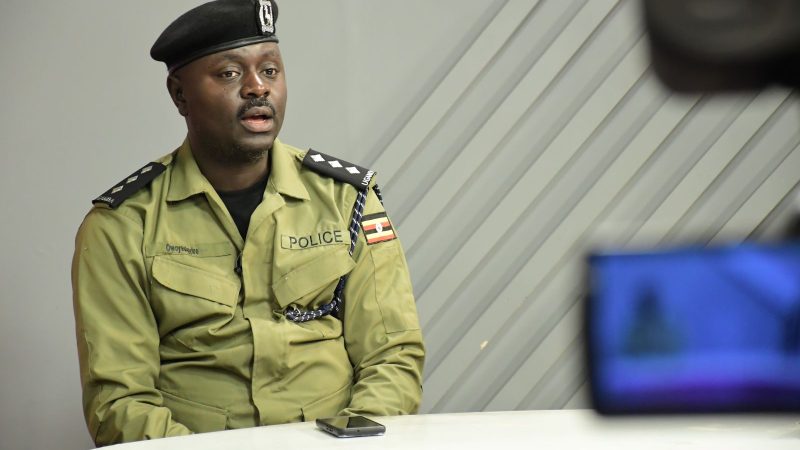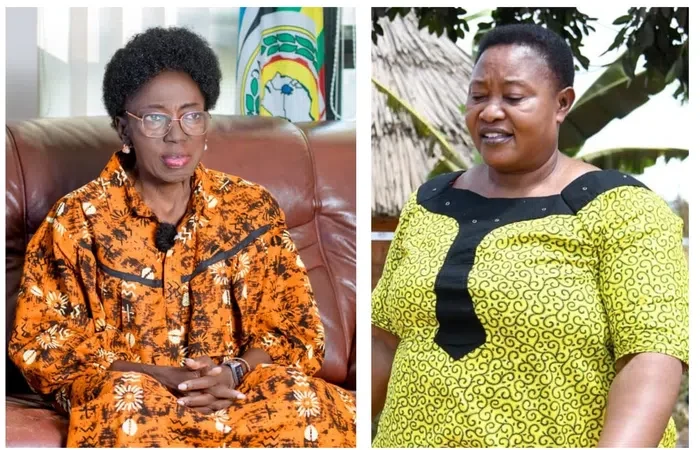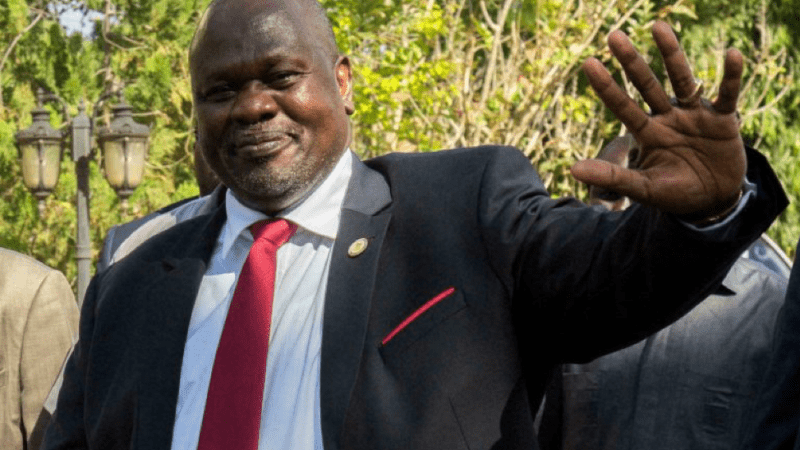South Sudan’s President Salva Kiir has reiterated his administration’s commitment to resolve the final status of the disputed region of Abyei.
“Nobody wishes the people of Abyei to continue to live with uncertainty. It is not my personal wish, not even the policy of this government which I lead as the president to continue to see the people of Abyei living unsure of when the status of their area will be determined,” he told the Jieng Council of Elders at a meeting held on Tuesday.
Kiir acknowledged his senior security advisor, Tut Gatluak Manime’s role on Abyei issue.
“Tut Gatluak, my adviser on security affairs and Deng Alor, is one of the leaders of the people of Abyei and someone who is now holding the file of Abyei are the leaders of the committee. They went to Khartoum and they returned and briefed me,” he explained.
The South Sudanese leader said he was optimistic the issue of Abyei would be resolved.
“The leaders there [Sudan] have accepted dialogue and we are waiting. Hopefully, the issue will be resolved. The current situation is untenable,” he said.
Last week, South Sudan and neighbouring Sudan agreed to strengthen cooperation between the two countries to resolve the final status of the disputed oil-producing region.
The deputy head of Sudan’s Sovereign Council, Mohammed Hamdan Dagalo and South Sudan’s security advisor, Tut Gatluak Manime inked the deal on behalf of their countries.
The two officials stressed the need to expedite the joint mechanism and facilitate the provision of peace, security, and humanitarian services to the people in the Abyei area.
Delays in settling the status of the disputed border region has frustrated many of its residents, some of whom lived through repeated failures to implement past agreements.
Also, the inaction of the leaders prompted prominent leaders from the area to float proposals. For instance, while some advocated for designating the region as a sultanate, others wanted it to be granted autonomous status and placed under the United Nations.
Abyei is an area on the border between South Sudan and the Sudan that has been accorded special administrative status by the 2004 Protocol on the Resolution of the Abyei Conflict in the 2005 Comprehensive Peace Agreement (CPA) that ended Sudan’s civil war. Under the terms of the Abyei Protocol, which is part of the CPA, residents of Abyei have been declared, on an interim basis, to be simultaneously citizens of Sudan’s West Kordofan State and South Sudan’s Northern Bahr el Ghazal State until its permanent status is determined through a referendum.









